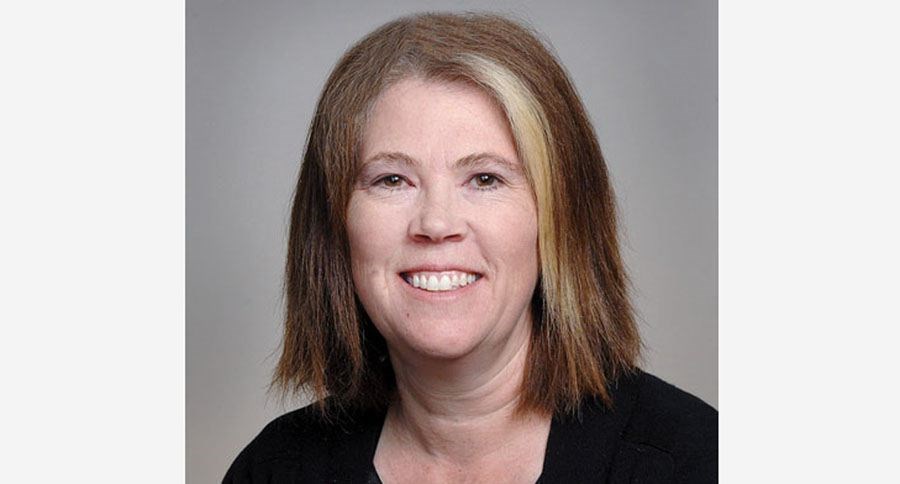Every week when I sit down to write my column I have either one of two experiences: either I write the 700 words in one lovely sitting with the words streaming from my mind before I can get them on the page...or I sit at my desk staring at the blank page, the vast white blankness staring back at me, and I am paralyzed. What, oh what, shall I write about? I dont want to be a broken record. I want to explain something important. I want to know that a reader is not turning the page before getting beyond the first sentence. I have a newfound (almost awe inspired) reverence for people who write daily columns. I just cant imagine facing all that blankness every morning.
This week is different. I had written my column early and I had tucked it away in order give it time to sit before I took my editing pen (actually in this day and age it is an editing mouse with all the tools that make contemporary editing a breeze compared to the old days when you had to use Liquid Paper but I digress)....so anyway, I had a column all ready to go when I woke up this morning. But, when I turned on the television to the live coverage of the hostage takings in Paris, I had to rethink. Earlier in the week, I had contemplated writing about the terrible shootings in Paris but had decided against it. There are times when the really tough columns feel too hard to write. I have written about terror strikes recently and sometimes you are just at a loss for words, which is not a trait that you want when you are writing a column.
Obviously I reconsidered. There is really a lot to say about politics and the situation that has unfolded in France and, without much of a stretch the tragedy reflects the sentiment of my column last week on the arts and their contribution to our national and global dialogue about how we should live together.
The Charlie Hebdo magazine is a satirical magazine that has chosen over its many years of distribution to satirize the world of politics and religion. As you will know by now that the decision of the editors of the magazine to run cartoons depicting Mohammed led to a fire storm of anger from many. It is curious that such rage could arise over a cartoon but cartoons are a powerful tool in the expression of political and / or religious dissent. They do something that no column, essay or broadcast can do...they capture, in one quick moment, the essence of a perceived truth. The political cartoon can lay bare the most complex of issues.
The terrible tragedy in France has raised all kinds of questions about freedom of speech, religious and ethnic conflict, and international security. This week I just want to make one observation.
Freedom of speech is a critical right that exists in order that we may say things that need to be said in order to examine problems and issues. But, as always, rights come with enormous responsibility. I said, at the outset of the column that I sometimes have trouble thinking of a topic to write about and this is not just because there is nothing to write about but rather because there are many things to write about. But I always want to weigh the question of what to say with the question of should I say? The answer to should I say? is critically important because it is easy to use free speech as a mask for being irresponsible with ones power. But once an individual decides that they should put a message out into the world then the right of free speech is there to ensure that, in the public domain, we can have a civil discourse about the content of the message. In a recent political analysis I heard on CNN one commentator said that free speech actually must exist for the ideas we disagree with not for the ideas we agree with. So, while there is both a right and a responsibility for us in the use of free speech, there is also a responsibility for us to say that not all speech is good even if we think it is necessary.



